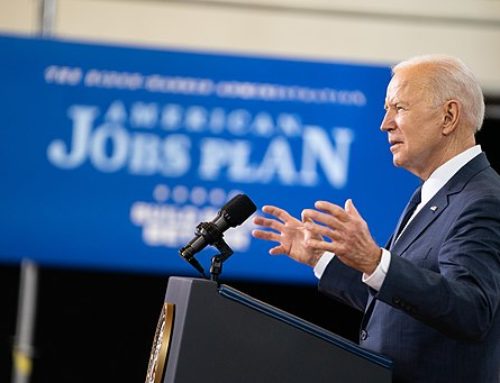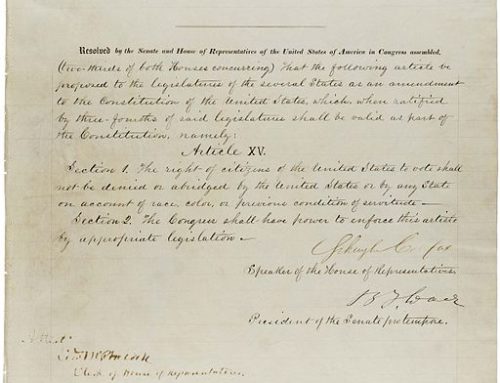“We need to ensure that SEC officials are more focused on regulation and enforcement than on getting their next job in the industry they are supposed to oversee.”
–Sen. Chuck Grassley, R-Iowa
The term “revolving door” refers to the movement of personnel from positions such as legislators and regulators to employees in the industries affected by legislation.
James Madison, the father of the Constitution, wrote in Federalist Paper 51: “In framing a government which is to be administered by men over men, the great difficulty lies in this: You must first enable the government to control the governed; and in the next place oblige it to control itself.”
Madison understood that because America is both “a nation of men and a nation of laws,” special interests can bend regulations. The “revolving door” provides numerous opportunities for unethical conduct throughout the government and is not confined merely to the SEC.
Rep. Brad Miller, D-N.C., pointed out that, “The door doesn’t just revolve once. They tend to go out and come back and go out again.”
Larry Summers, chairman of the National Economic Council; Rahm Emanuel, White House chief of staff; and former Vice President Richard Cheney are examples of those who have rotated back and forth and used their knowledge and contacts to shape regulations.
Defenders of the revolving door argue that the government needs people with knowledge of the private sector because they best understand the industry they regulate. They also argue that the private sector requires people with experience in government.
As Ashby Jones wrote April 5 in a Wall Street Journal article, “On Legal Ethics and the SEC’s ‘Revolving Door,'” “It’s the way the world works, it seems. Lawyers with experience working for the Securities and Exchange Commission often switch to the private sector, where they often end up representing clients in battles against the nation’s securities regulator.”
Grassley, the ranking minority member of the Senate Finance Committee, felt that the defection of Elizabeth King undermined the integrity of the SEC’s operation. King recently left the SEC to work for Getco, a prominent high-frequency trading firm.
King was the top official in the SEC’s Division of Trading and Markets. In this position, she supervised the SEC’s investigation of the market impact of high-speed, computer-driven trading in stocks and other securities. Concerns over high speed trading heightened after the “flash crash” on May 6 sent the Dow tumbling nearly 1,000 points in about 10 minutes.
As a senior staffer, King is subject to a one-year “cooling off” period that prohibits her from representing clients before the SEC. However, she can provide Getco with very sensitive facts. For example, in regard to the May 6 “flash crash,” she can tell Getco about the current views of every commissioner and of fellow staffers. She can hypothesize about possible future studies and rule making that involve high-frequency trading. Getco can use King’s information to ward off unfavorable regulation.
The vast majority of Americans and public servants share Grassley’s concerns that senior government officials prioritize personal gain over public service. The revolving door exacerbates public distrust in government for several reasons, including the following:
1. The playing field is tilted in favor of “vested interests” who hire former regulators to bend the law in their favor.
2. Career civil servants are demoralized when they see bosses use government positions as stepping stones to high-paying jobs in private industry.
Opponents of the revolving door feel that enacting the following reforms will ameliorate the current situation:
1. Ban political appointees from working on regulations or contracts directly and substantially related to their prior employer for several years.
2. Prevent political appointees from lobbing the executive branch for several years after leaving public service.
3. Require that contracts be awarded competitively.
4. Ban gifts to executive branch employees.
5. Free career officials from the influence of ideology and/or political loyalty tests.
6. Establish an independent agency to investigate ethics violations.
As Madison noted, for government to function, we need to place men over men. These supervisors should strive to make all men equal before the law.
To accomplish this, we must update our revolving door policies to prevent undue rewards to special interests.
Originally published in the Sarasota Herald-Tribune



